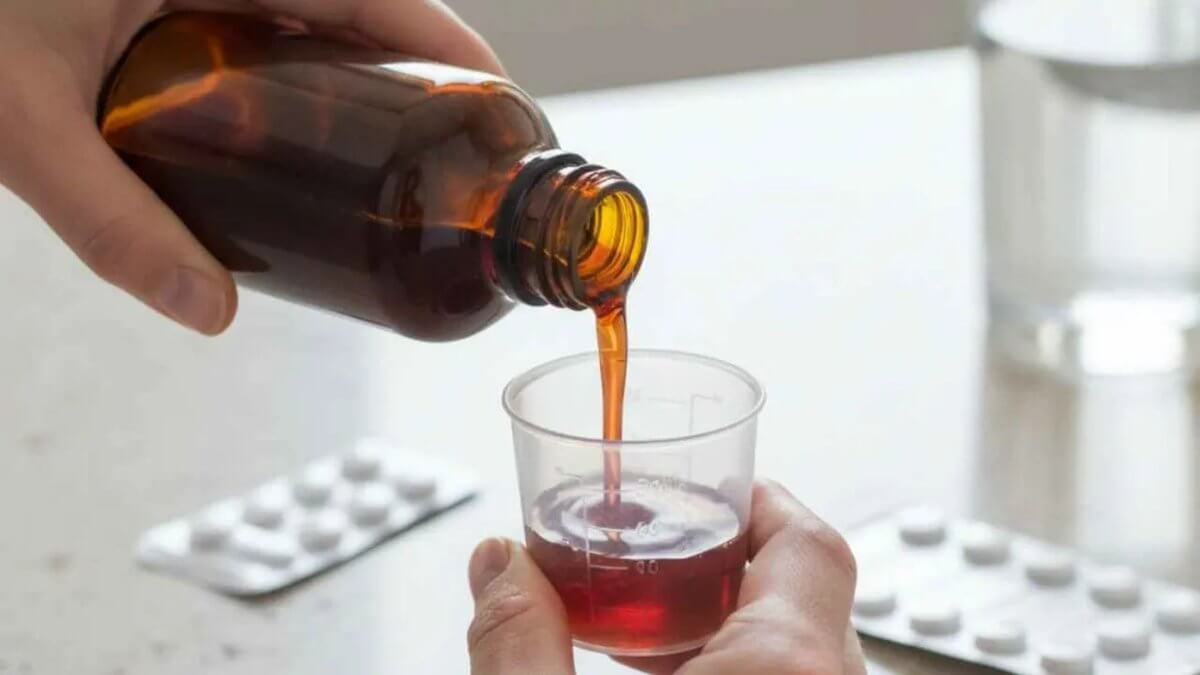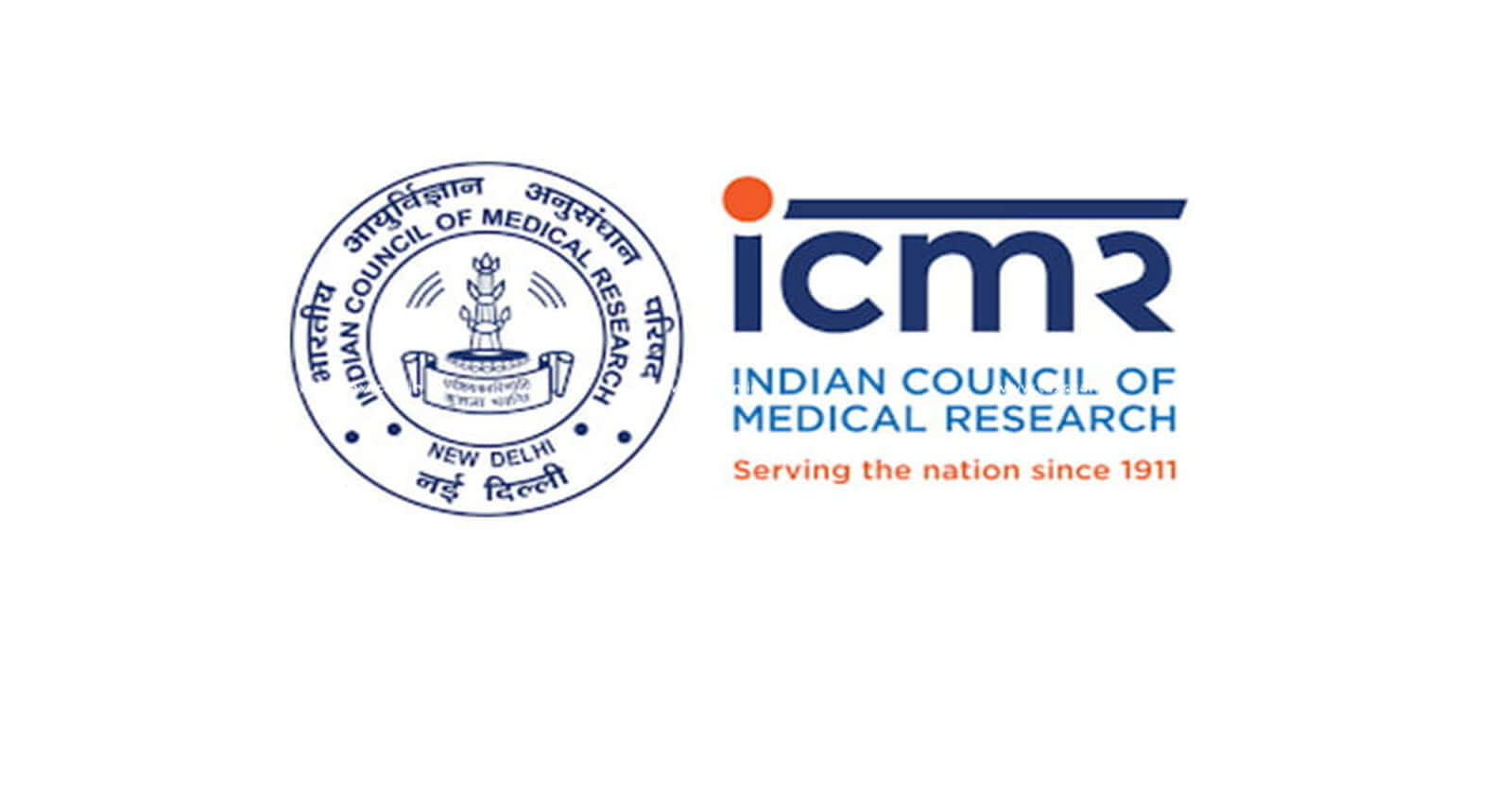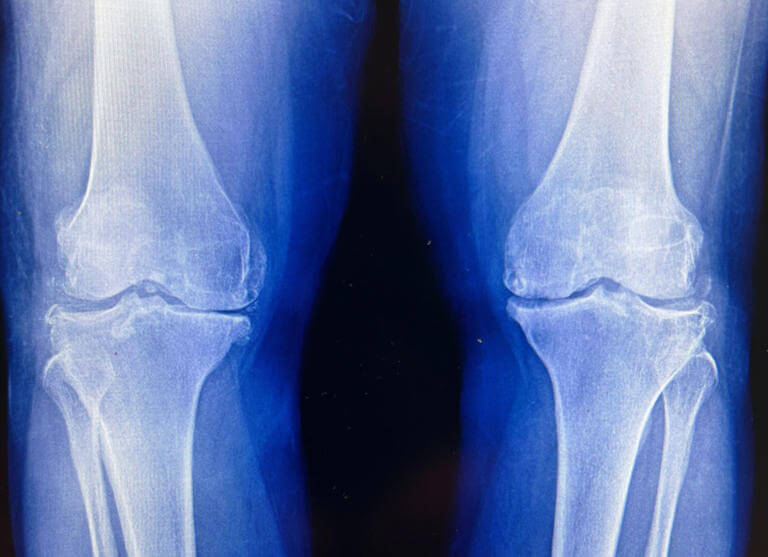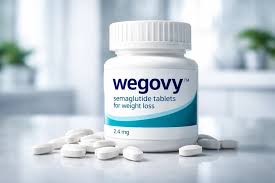Know safety precautions to prevent Corneal Damage
Mon 22 Jul 2024, 00:51:35

Jasmin Bhasin, one of the most popular television actresses, suffered corneal damage after wearing contact lenses to an event in Delhi, where she was attending work. Initially, she experienced painful sensations but tried to power through and even wore sunglasses to cope. However, her vision eventually gave out, and she had to rely on her team for assistance. The actress is now facing a recovery period of at least four to five days and is currently experiencing impaired vision.
What is Corneal Damage?
Corneal damage refers to any injury or harm to the cornea, the transparent, dome-shaped surface of the eye that covers the iris, pupil, and anterior chamber. The cornea plays a crucial role in focusing vision, and any damage to it can result in discomfort, vision problems, and potentially serious eye conditions.
Causes of Corneal Damage
. Infections: Bacterial, viral, or fungal infections can lead to corneal ulcers or keratitis.
. Injuries: Scratches, foreign objects, or trauma can cause corneal abrasions or lacerations.
. Dry Eyes: Insufficient tear production can lead to corneal dryness and damage.
. Contact Lens Issues: Improper use or poor hygiene can cause infections or abrasions.
. Chemical Exposure: Exposure to harsh chemicals can burn and damage the cornea.
Symptoms of Corneal Damage
. Eye pain or discomfort
. Redness and inflammation
. Blurred or distorted vision
. Tearing or discharge
. Foreign body sensation in the eye
Safety Precautions for Contact
Lens Users
Lens Users
To prevent corneal damage and ensure the safe use of contact lenses, follow these essential safety precautions:
1. Clean Hands and Lenses: Always wash your hands thoroughly before handling contact lenses. Clean and disinfect lenses as per your eye care professional’s instructions.
2. Follow Wearing Schedule: Stick to the recommended wearing schedule for your contact lenses. Avoid wearing them for longer than advised, especially overnight, unless they are specifically designed for extended wear.
3. Proper Storage: Store contact lenses in a clean, dry case with a fresh contact lens solution. Never use tap water or saliva to clean or store lenses.
4. Replace Lenses and Case Regularly: Follow the replacement schedule for your contact lenses and case. Old lenses and cases can harbor bacteria and other pathogens.
5. Avoid Water Contact: Do not expose your contact lenses to water, including swimming pools, hot tubs, and showers, as this can introduce harmful microorganisms to your eyes.
6. Remove Lenses If Discomfort Occurs: If you experience redness, pain, or discomfort, remove your contact lenses immediately and consult your eye care professional.
7. Regular Eye Check-Ups: Schedule regular appointments with your eye care professional to ensure your eyes remain healthy and your contact lenses are suitable for your needs.
Maintaining proper hygiene and following your eye care professional's recommendations can help prevent corneal damage and ensure the safe use of contact lenses. If you suspect any issues with your cornea, seek immediate medical attention to avoid complications.
No Comments For This Post, Be first to write a Comment.
Most viewed from Health
AIMIM News
Latest Urdu News
Most Viewed
May 26, 2020
Can Lionel Messi's visit boost Indian football?
Latest Videos View All
Like Us
Home
About Us
Advertise With Us
All Polls
Epaper Archives
Privacy Policy
Contact Us
Download Etemaad App
© 2026 Etemaad Daily News, All Rights Reserved.

























.jpg)
.jpg)
.jpg)


